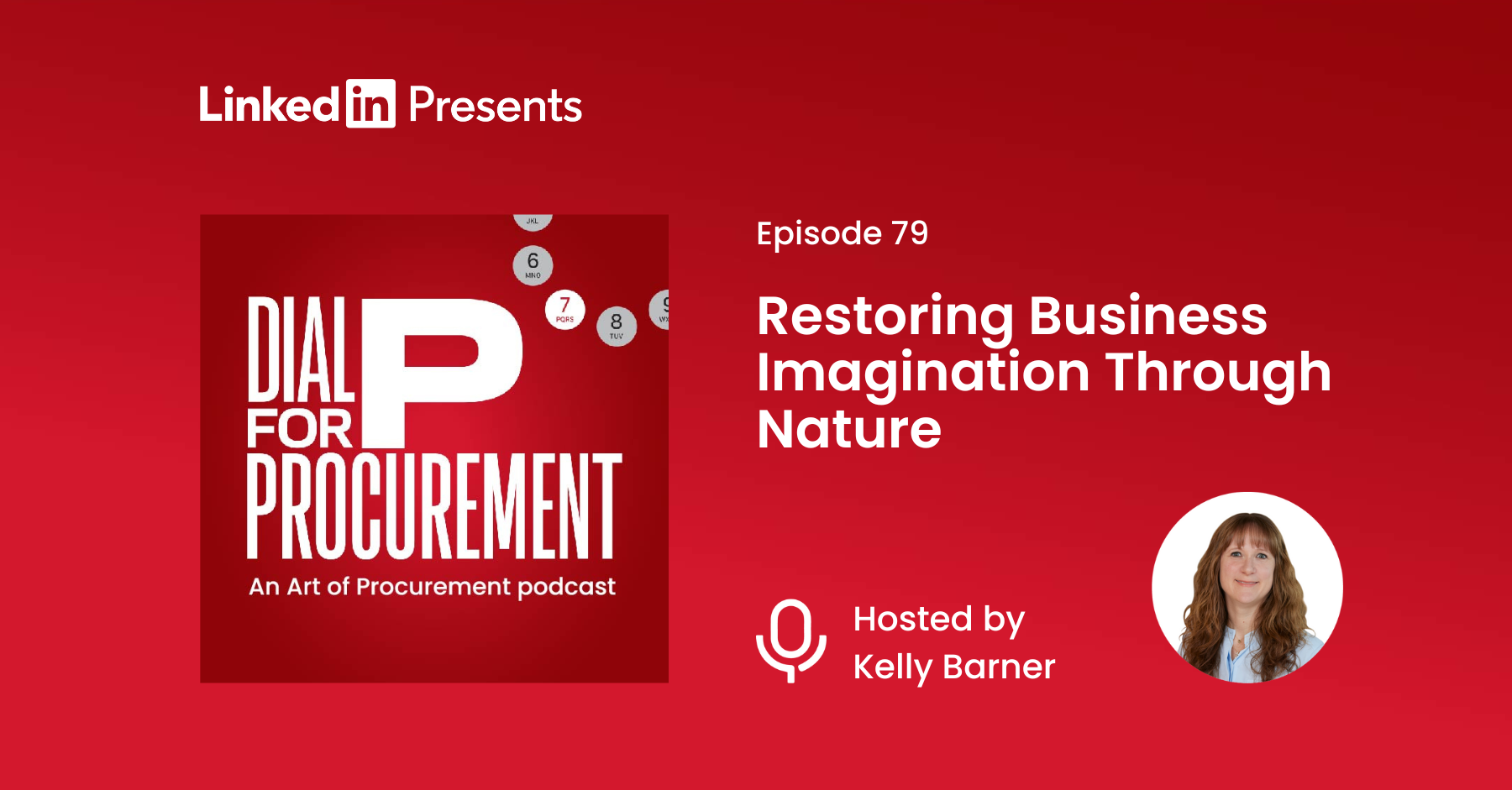
“For men like Ford, Firestone, and Edison, whose success in the world had given them access to any thing they might want, these impressions [of the great Smoky Mountains] had a value beyond calculation.” American Journey, p. 276
In 1918, Henry Ford, Thomas Edison, Harvey Firestone, and naturalist John Burroughs took a long road trip in the eastern United States. They slept under the stars, cooked outside, and made their way through the countryside, meeting people, investigating curiosities, and deepening their friendships as they went.
That journey, and the events leading up to and following after it, serves as the inspiration for my main summer read: American Journey: On the Road with Henry Ford, Thomas Edison, and John Burroughs by Wes Davis. In this week’s episode of Dial P for Procurement, I share my thoughts on the story – which is true – and how we can apply the wisdom it offers us 105 years after that road trip took place.
Who was John Burroughs?
Most of us have heard of Ford, Edison, and Firestone, but I had never heard of John Burroughs. Apparently, he was the nation’s leading expert on birds, and he was the most popular author in the country at the time – not just among academics or scientists, but according to the reading tastes of general readers.
Burroughs was on a collision course of sorts with Henry Ford. He wrote an article about how automobiles were bad for the environment. When Ford read the article, he was disappointed but not deterred. Ford sent Burroughs a Model T as a gift. That present, reluctantly received, became the start of a deep and lasting friendship that would expand to involve the others.
Road trip!
Ford was gradually winning Burroughs over, but where did the idea for a long distance camping road trip come from?
It all started when Henry’s son Edsel Ford took a road trip with a group of his friends. Driving cross country was a wild idea at the time, and only just possible based on the availability of cars, fuel, and roads. The tales of adventure Edsel told sparked the imagination of his father and his friends.
I was struck by the fact that something bold and risky undertaken by a group of younger men inspired an older generation to do the same. That is not usually how things work. Ford, Edison, and Burroughs were not conventional thinkers, and this story does not take place in a conventional time.
The World’s Fair of 1915 was held in San Francisco, and these men met up there to explore the new inventions. War had already broken out in Europe, and while the U.S. was not yet actively involved, daily news was dominated by news from the front. The fair was not just a break from regular life and news of WWI, it was also a celebration of American ingenuity. At the time, that included both industrial development and agriculture.
It is not hard to see how the romanticism of a road trip – the opportunity to be wild and free – sounded like an even better idea after experiencing the best innovations the country had to offer in San Francisco.
Time of Change and Tension
The early 20th century was dominated, in some ways, by industrialization, with all of the mechanical and social “progress” that drove. Although America’s favorite author wrote mostly about birds and the natural world, a new day was dawning.
For most people lucky enough to attend the San Francisco exposition, it was a show – not a reality where they might buy a set of electric lights and bring them home. Most people were still connected to the natural world, living at a slower pace closer to the land.
The assembly line, commercially viable rubber, and new technologies like electricity were changing everything. In fact, Edison rigged up an electric light set so the group could camp by light wherever they went. But this was not a “glamping trip” – these were men of action.
Despite his role as chief executive, Ford still knew how to build and repair nearly everything. His “can do” attitude and willingness to roll up his sleeves were regularly called upon during those road trips.
On one of the trips, the cooling fan and radiator of a car was damaged. Ford managed to rig it just well enough to reach a garage. Much to Ford’s dismay, the mechanics in that garage shrugged and said that the party would have to wait while they ordered new parts. Instead, Ford invented a more permanent solution – but he was disappointed by the attitude of the mechanics. He wasn’t upset about the prospect of a delay, but rather the mechanics’ “lack of mechanical imagination” (p. 209).
Roughing It
Ford and Edison grew up in rural settings. Although they worked in an industrial world, they cherished any opportunity to explore nature. As tough as they were to complete, the road trips offered a nostalgic appeal, and the men were more than willing to rough it and be hearty.
Edison had a very strict rule about sleeping outdoors, and he made fun of anyone who snuck off to a hotel for a break and a warm bed. The men certainly didn’t keep up their hygiene on the road either, and in some cities, hotels would refuse to rent them rooms, not realizing who they were.
But roughing it did them good. Even John Burroughs, who was a naturalist anyway, noticed the difference. “I am sure we shall all go back to our serious tasks with a clearer brain and more deeply grateful for life and this beautiful world in which we live” (p. 71).
It is hard to imagine this kind of thing happening today. How many C-level executives would be rugged and adventurous enough to break communications for so long and truly live off the land for weeks at a time. No social media attention, no livestreams from the road. No contact with the business.
The closest thing I could think of was the possibility of an Elon Musk / Mark Zuckerberg cage match, which leaves me feeling truly disappointed about our age and worried about how future generations will judge us.
The Gift of Perspective
I started this book expecting it to be about the relationship between the friends – and it was. But it was also about the relationship between them (individually and collectively) and nature.
Everyone was looking for something: birds, plants, clean energy, inspiration, renewal. They found what they were looking for in each other and in nature. The trips were a gift.
There were multiple road trips, many of them covered in great detail in Davis’ book, and each was seen as a sort of vacation, at least by Ford, Edison, and Firestone. But the opposite can also be said. The time they spent together in nature was when they were really living; the rest just filled the time in between.
But times were changing, with the war still raging and the onset of influenza. As Burroughs said, “The world was changing in ways that he felt were sealing him off from the increasingly modern sympathies of the masses, despite the fondness he had at times felt for Ford’s Model T” (p. 164).
Davis seems to have felt it as well: “This ‘return’ was more than simple nostalgia; it was a balancing of the industrial element in their lives with the pastoral and agrarian values that had always tugged against notions of progress in America’s idea of itself” (p. 275).
How do we define progress today? Will we have lived as fully as these men did, despite world war and the 1918 flu pandemic? They didn’t consider those an excuse in their time, and we shouldn’t in ours. May we never find ourselves lacking in imagination – mechanical or otherwise.




.png)
